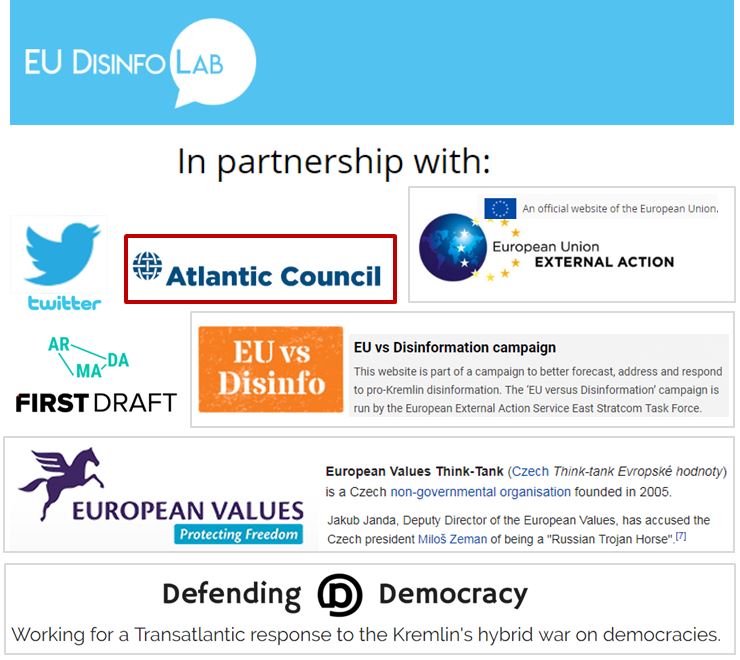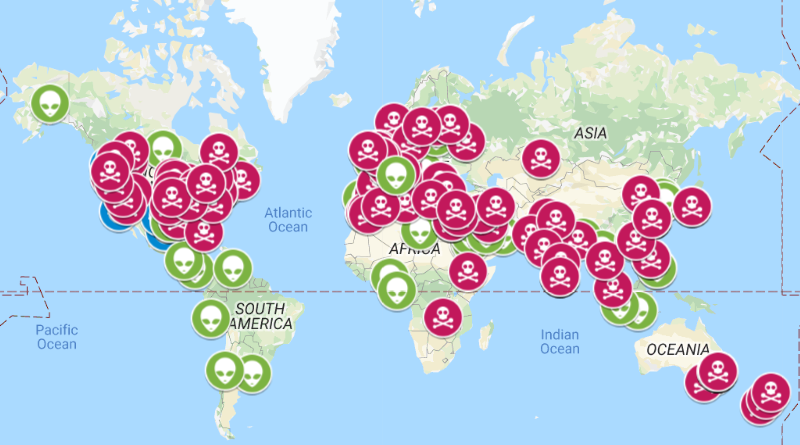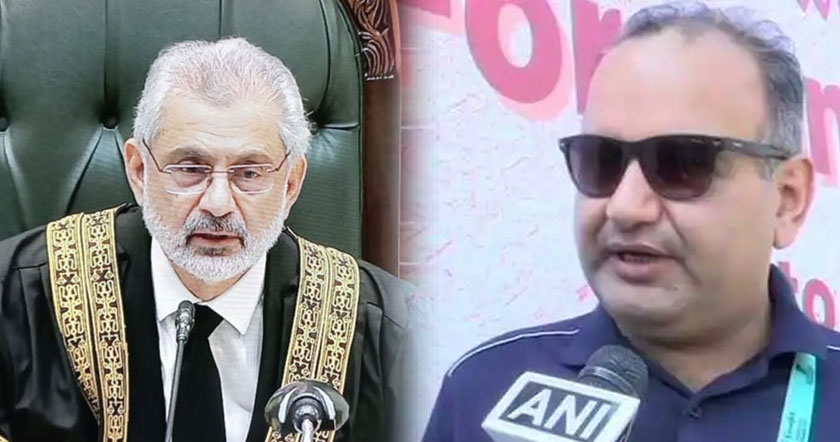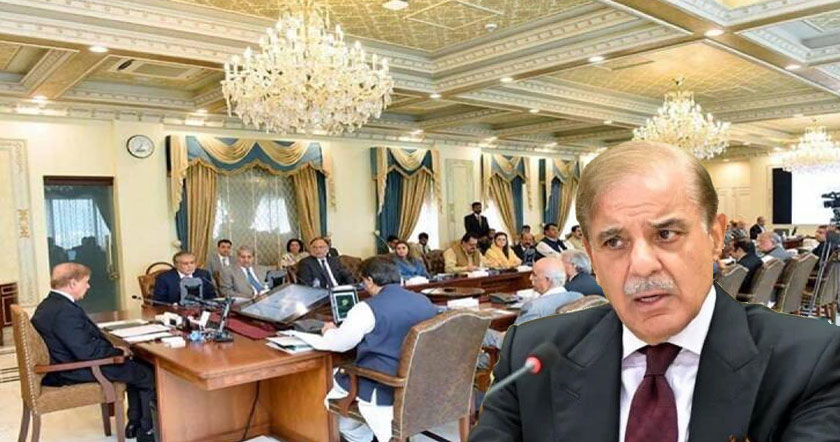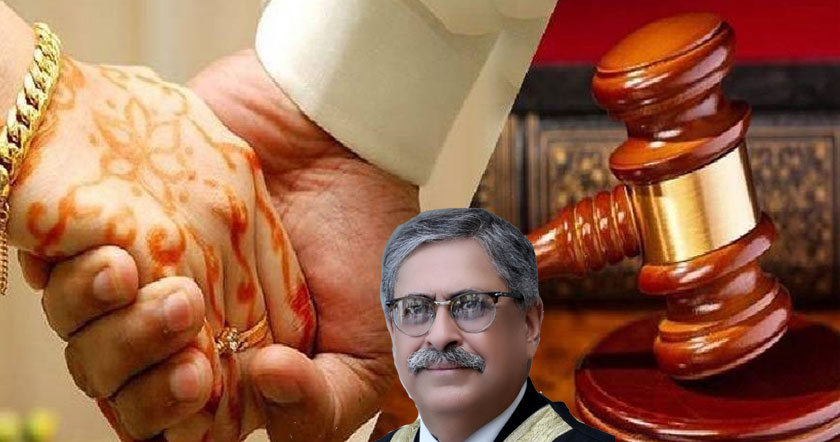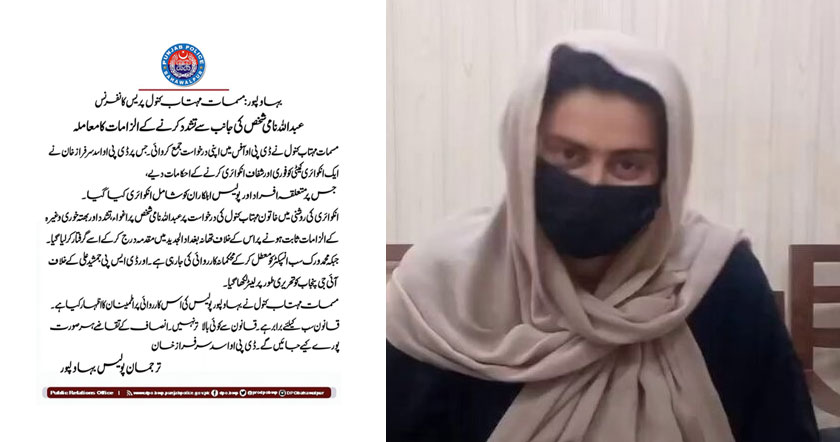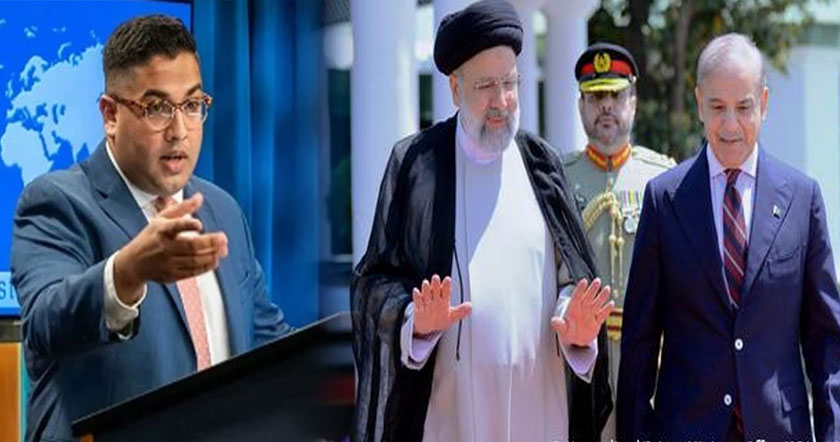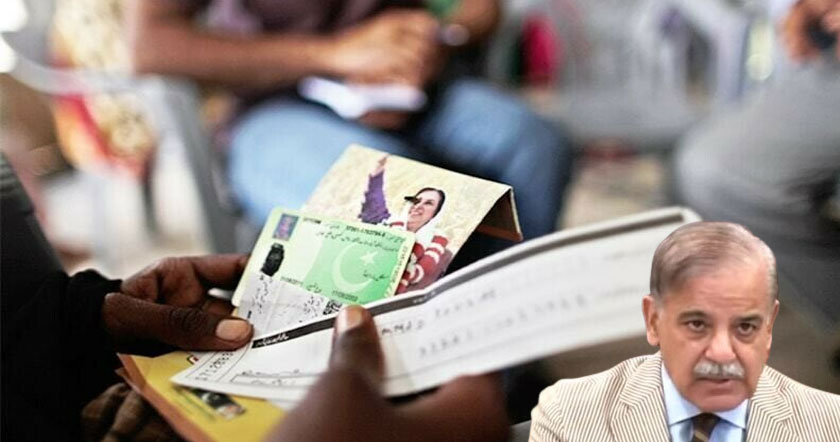A Europe-based disinformation watchdog has cracked open a nexus of dormant companies and fake media outlets promoting India’s diplomatic interests.
An investigation by EU DisinfoLab, an NGO tracking sophisticated disinformation campaigns targeting EU countries and institutions, has listed some 265 such fake media outlets across 65 countries. These platforms allegedly promote India’s geopolitical interests through republication of propaganda pieces and op-eds.
EU DisinfoLab has uncovered links between zombie companies, dormant media outlets, and legally non-existent organisations, lobbying the EU and also the UN by constantly targeting Pakistan.
Questionable news portals mentioned in the investigation include Times of Los Angeles, Times of Portugal, New Delhi Times, New York Journal American, and Times of North Korea.
The entire campaign ultimately dovetails with India’s Aug. 5 move to wrest tighter control of the former state of Jammu & Kashmir, and garner support for the country at international fora. While Pakistan has accused India of altering the international border, India maintains that Jammu & Kashmir is its internal matter.
EU DisinfoLab’s investigation demonstrates how this network of think tanks, NGOs, and media outlets has already translated into a set of EU parliamentarians visiting the Kashmir valley on Oct. 30. The visit was perceived by some as a sign of validation for the government’s move. It came amidst international attention on curbs on free speech and allegations of human rights violations in the Kashmir valley.
The Kashmir visit
EU DisinfoLab’s probe goes back to October, when it found that “eptoday.com—the website of a self-proclaimed magazine for the European Parliament in Brussels—had been re-publishing a large amount of news directly from Russia Today and Voice of America. Among this syndicated content, we unexpectedly found a large number of articles and op-eds related to minorities in Pakistan as well as other India-related matters,” EU DisinfoLab said on its website.
This probe led EU DisinfoLab to conclude that EP Today was managed by Indian stakeholders, and had links with a vast interweb of think tanks, NGOs, and companies from one Srivastava Group. “We also found that the IP address of the Srivastava Group is also home to the obscure online media ‘New Delhi Times’ and the International Institute for Non-Aligned Studies (IINS), which are all based at the same address in New Delhi, India,” EU Disinfolab said.
A few weeks after this, on Oct. 30, a group of 27 EU parliamentarians, mostly from right-wing political parties, visited the restive Kashmir Valley. This was perceived as a show of support for Indian prime minister Narendra Modi’s big agenda for the newly created union territories of Jammu & Kashmir and Ladakh, carved out of the former state.
The visit was reportedly organised by IINS, and facilitated by a lobbyist called Madi Sharma. India does not recognise lobbying.
Sharma soon came under scrutiny for her shady credentials, since her NGO, Women’s Economic and Social Think Tank, itself turned out to be a lobbying firm.
It gets murkier
Eventually, the EP Today investigation uncovered other shady links and fake media outlets. The map below shows how many countries have such platforms that republish content promoting India’s diplomatic interests.
These were its key findings:
1. Most of them are named after extinct local newspapers or spoof real media outlets;
2. They republish content from several news agencies (KCNA, Voice of America, Interfax);
3. Coverage of the same Indian-related demonstrations and events;
4. Republications of anti-Pakistan content from the described Indian network (including EP Today, 4NewsAgency, Times Of Geneva, New Delhi Times);
5. Most websites have Twitter accounts, too.
Yet, how can mere republishing of articles amount to geopolitical lobbying? EU DisinfoLab explains:
1. Influence international institutions and elected representatives with coverage of specific events and demonstrations;
2. Provide NGOs with useful press material to reinforce their credibility and thus be impactful;
3. Add several layers of media outlets that quote and republish one another, making it harder for the reader to trace the manipulation, and in turn (sometimes) offer a “mirage” of international support;
4. Influence public perceptions on Pakistan by multiplying iterations of the same content available on search engines.
India’s own fake-news problem
This is probably the first instance of a wide and sophisticated Indian online propaganda network being uncovered in recent times. Within India, though, political parties have employed such strategies for some time now.
Modi’s own Bharatiya Janata Party has weaponised social media with devastating effect to further its views and policies and expand its support base. This has often even fed newsfeeds of mainstream media networks, providing them some legitimacy. These new items, in turn, return to social media platforms, thus forming a convenient, but vicious, circle and cementing the ideas among the public.
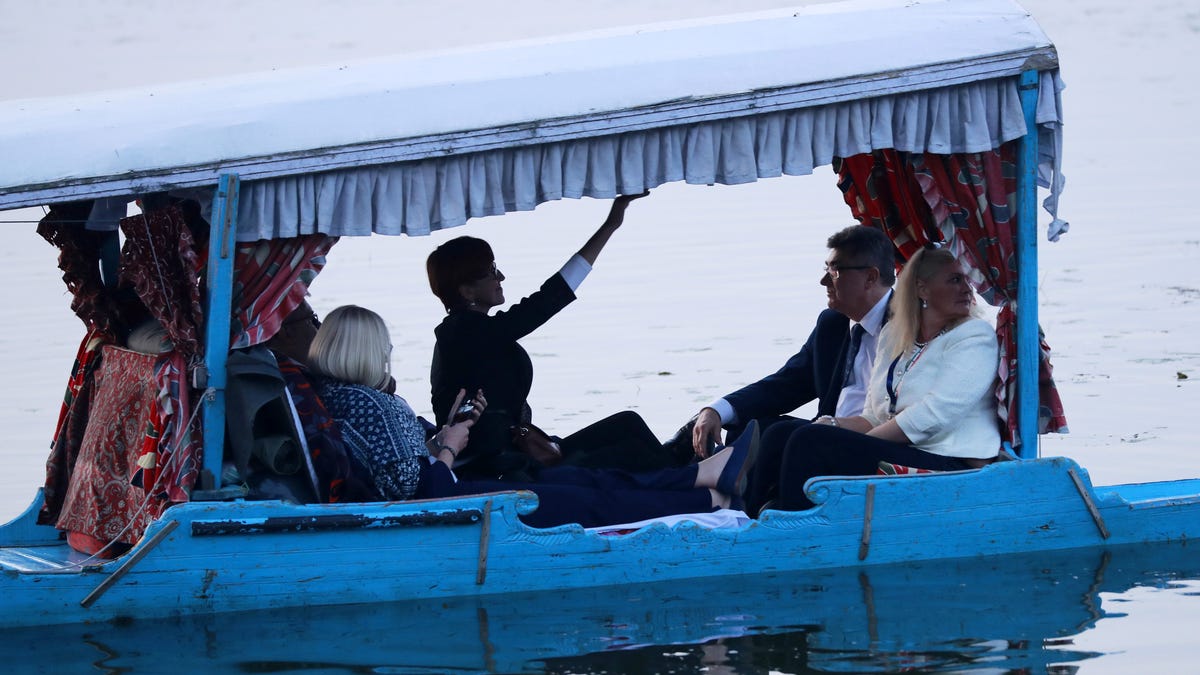
 qz.com
qz.com
An investigation by EU DisinfoLab, an NGO tracking sophisticated disinformation campaigns targeting EU countries and institutions, has listed some 265 such fake media outlets across 65 countries. These platforms allegedly promote India’s geopolitical interests through republication of propaganda pieces and op-eds.
EU DisinfoLab has uncovered links between zombie companies, dormant media outlets, and legally non-existent organisations, lobbying the EU and also the UN by constantly targeting Pakistan.
Questionable news portals mentioned in the investigation include Times of Los Angeles, Times of Portugal, New Delhi Times, New York Journal American, and Times of North Korea.
The entire campaign ultimately dovetails with India’s Aug. 5 move to wrest tighter control of the former state of Jammu & Kashmir, and garner support for the country at international fora. While Pakistan has accused India of altering the international border, India maintains that Jammu & Kashmir is its internal matter.
EU DisinfoLab’s investigation demonstrates how this network of think tanks, NGOs, and media outlets has already translated into a set of EU parliamentarians visiting the Kashmir valley on Oct. 30. The visit was perceived by some as a sign of validation for the government’s move. It came amidst international attention on curbs on free speech and allegations of human rights violations in the Kashmir valley.
The Kashmir visit
EU DisinfoLab’s probe goes back to October, when it found that “eptoday.com—the website of a self-proclaimed magazine for the European Parliament in Brussels—had been re-publishing a large amount of news directly from Russia Today and Voice of America. Among this syndicated content, we unexpectedly found a large number of articles and op-eds related to minorities in Pakistan as well as other India-related matters,” EU DisinfoLab said on its website.
This probe led EU DisinfoLab to conclude that EP Today was managed by Indian stakeholders, and had links with a vast interweb of think tanks, NGOs, and companies from one Srivastava Group. “We also found that the IP address of the Srivastava Group is also home to the obscure online media ‘New Delhi Times’ and the International Institute for Non-Aligned Studies (IINS), which are all based at the same address in New Delhi, India,” EU Disinfolab said.
A few weeks after this, on Oct. 30, a group of 27 EU parliamentarians, mostly from right-wing political parties, visited the restive Kashmir Valley. This was perceived as a show of support for Indian prime minister Narendra Modi’s big agenda for the newly created union territories of Jammu & Kashmir and Ladakh, carved out of the former state.
The visit was reportedly organised by IINS, and facilitated by a lobbyist called Madi Sharma. India does not recognise lobbying.
Sharma soon came under scrutiny for her shady credentials, since her NGO, Women’s Economic and Social Think Tank, itself turned out to be a lobbying firm.
It gets murkier
Eventually, the EP Today investigation uncovered other shady links and fake media outlets. The map below shows how many countries have such platforms that republish content promoting India’s diplomatic interests.
These were its key findings:
1. Most of them are named after extinct local newspapers or spoof real media outlets;
2. They republish content from several news agencies (KCNA, Voice of America, Interfax);
3. Coverage of the same Indian-related demonstrations and events;
4. Republications of anti-Pakistan content from the described Indian network (including EP Today, 4NewsAgency, Times Of Geneva, New Delhi Times);
5. Most websites have Twitter accounts, too.
Yet, how can mere republishing of articles amount to geopolitical lobbying? EU DisinfoLab explains:
1. Influence international institutions and elected representatives with coverage of specific events and demonstrations;
2. Provide NGOs with useful press material to reinforce their credibility and thus be impactful;
3. Add several layers of media outlets that quote and republish one another, making it harder for the reader to trace the manipulation, and in turn (sometimes) offer a “mirage” of international support;
4. Influence public perceptions on Pakistan by multiplying iterations of the same content available on search engines.
India’s own fake-news problem
This is probably the first instance of a wide and sophisticated Indian online propaganda network being uncovered in recent times. Within India, though, political parties have employed such strategies for some time now.
Modi’s own Bharatiya Janata Party has weaponised social media with devastating effect to further its views and policies and expand its support base. This has often even fed newsfeeds of mainstream media networks, providing them some legitimacy. These new items, in turn, return to social media platforms, thus forming a convenient, but vicious, circle and cementing the ideas among the public.

A European NGO says a global network of fake media outlets set up the EU MPs’ Kashmir visit
Zombie firms, dormant media outlets, and non-existent entities lobby Indian interests.
 qz.com
qz.com



